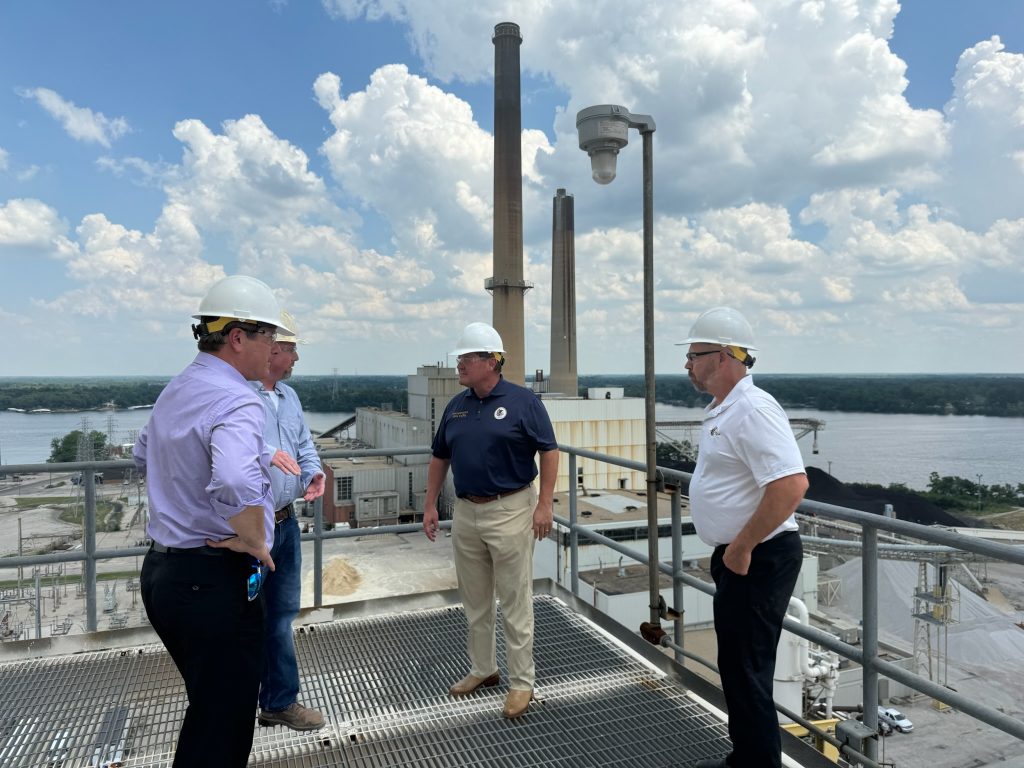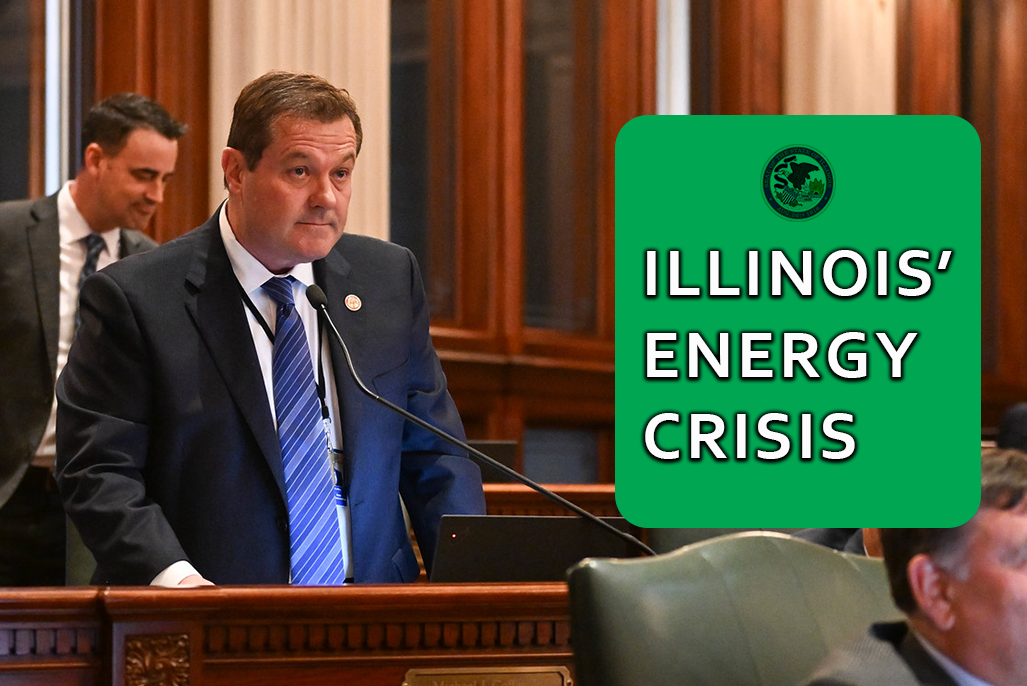VETO SESSION
2025 Fall Veto Session Preview. Next week, the Illinois General Assembly will return to Springfield to convene for the annual two-week Veto Session. The session is scheduled for October 14-16 and October 28-30. The Veto Session is generally intended for the legislature to review legislation passed in the spring that has received a total veto or an amendatory veto from the Governor. The legislature can seek to override a Governor’s veto by a 3/5 majority vote in each chamber or vote to accept an amendatory veto.
However, the Veto Session is also often used to take up major policy issues that were not resolved in the spring or have arisen over the summer months. This year, among others, two major issues that the legislature may consider are a bailout of the Chicagoland mass transit agencies, which are facing a massive fiscal cliff and an operating budget shortfall; and a new green energy package. (SB 25)
The mass transit fiscal cliff was brought on in part by transit agencies under the Regional Transportation Authority (RTA) using federal COVID-19 relief dollars for general operating expenses instead of for one-time costs resulting from pandemic disruptions. Supermajority Democrats came up with a “solution” late in the Spring Session to bail out the agencies that included multiple tax increases, notably a $1.50 delivery tax on nearly every package delivered to homes, including essentials like groceries.
“Groceries and medications are essentials that families rely on, and taxing packages being delivered to homes is not the solution to fund the CTA,” said State Representative Mike Coffey. “Family budgets are already tight, and adding more taxes to services would be devastating for many people across the state of Illinois.”
Sadly, Democrats’ tax hike proposals that could come up during the Veto Session don’t stop with a delivery tax. A new service tax had also been floated in the spring. Over eighty everyday services like parking, haircuts, dry cleaning, and even oil changes would be subject to the new service tax. Even very costly projects like home repairs could be taxed under the proposal that has been put forward, potentially adding hundreds or thousands of dollars in costs for residents.
A service tax will drive up the cost of living even more for Illinois families.
On the energy front, Democrats and environmental groups are pushing another expansion of green energy policies despite massive spikes in energy costs for ratepayers due to the failures of current policies. The proposal currently includes a surcharge on electric bills to pay for battery storage developments, loosening some nuclear power restrictions, and creating new energy efficiency requirements, among other changes.

“There is a smarter path forward in Illinois to produce cheap and efficient energy, but we have to look at the reality of our current situation and the red flags that point to higher demand and less production,” Coffey continued to say. “When you look at the big picture, Illinois does not have the power to supply AI data centers, residential homes, and businesses. The economic reality of mandating electrification in Illinois is sinking in, and it’s created a financial burden on everyone in our state.”
Looming over the energy debate is also an issue related to Illinois’s Biometric Information and Privacy Act (BIPA). Illinois’ strict regulations and concerns about energy limitations are stoking fears among job creators, particularly in the tech and construction industries, that could cost the state thousands of jobs and billions in investment.
It remains to be seen if the Governor and Supermajority Democrats may take up action to address potential shortfalls in the state budget. Since taking office, Governor Pritzker has increased state spending by roughly 40% and signed the largest budget in Illinois history at $55.2 billion in July. Yet, blaming the federal government last week, the Governor issued an Executive Order directing state agencies to identify spending cuts, reserve 4% of their appropriations, limit nonessential spending, review all hiring decisions, prioritize only essential roles, and plan for potential budget shortfalls.
House Republicans have long warned of the Democrats’ insatiable lust to tax-and-spend, and the truth is, when state spending has increased nearly 40% in just six years, the financial problems facing the state are not the fault of Washington. It is the product of years of unchecked spending, gimmicks, and a closed-door process in Springfield.
However, what is not being discussed in the lead up to the Veto Session by the majority party, any form of meaningful tax relief for families and small businesses, an end to the state’s failed sanctuary state policies, repealing/reforming the broken SAFE-T Act and putting public safety front and center, or ethics reform to end the decades-long scourge of corruption in state government.
